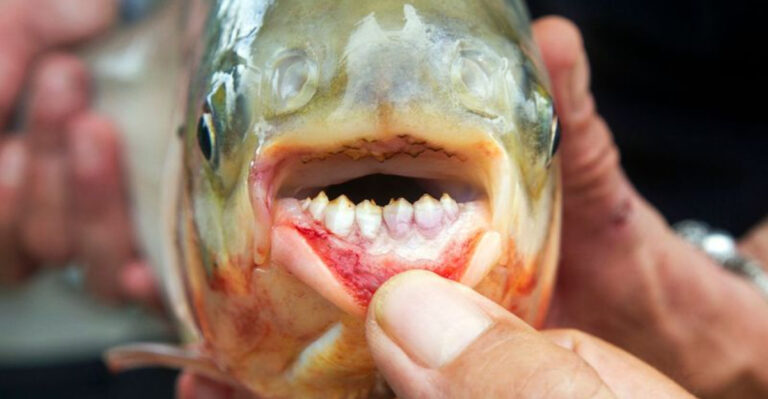13 Possible Reasons Your Dog Is Skipping Meals And What To Do About It
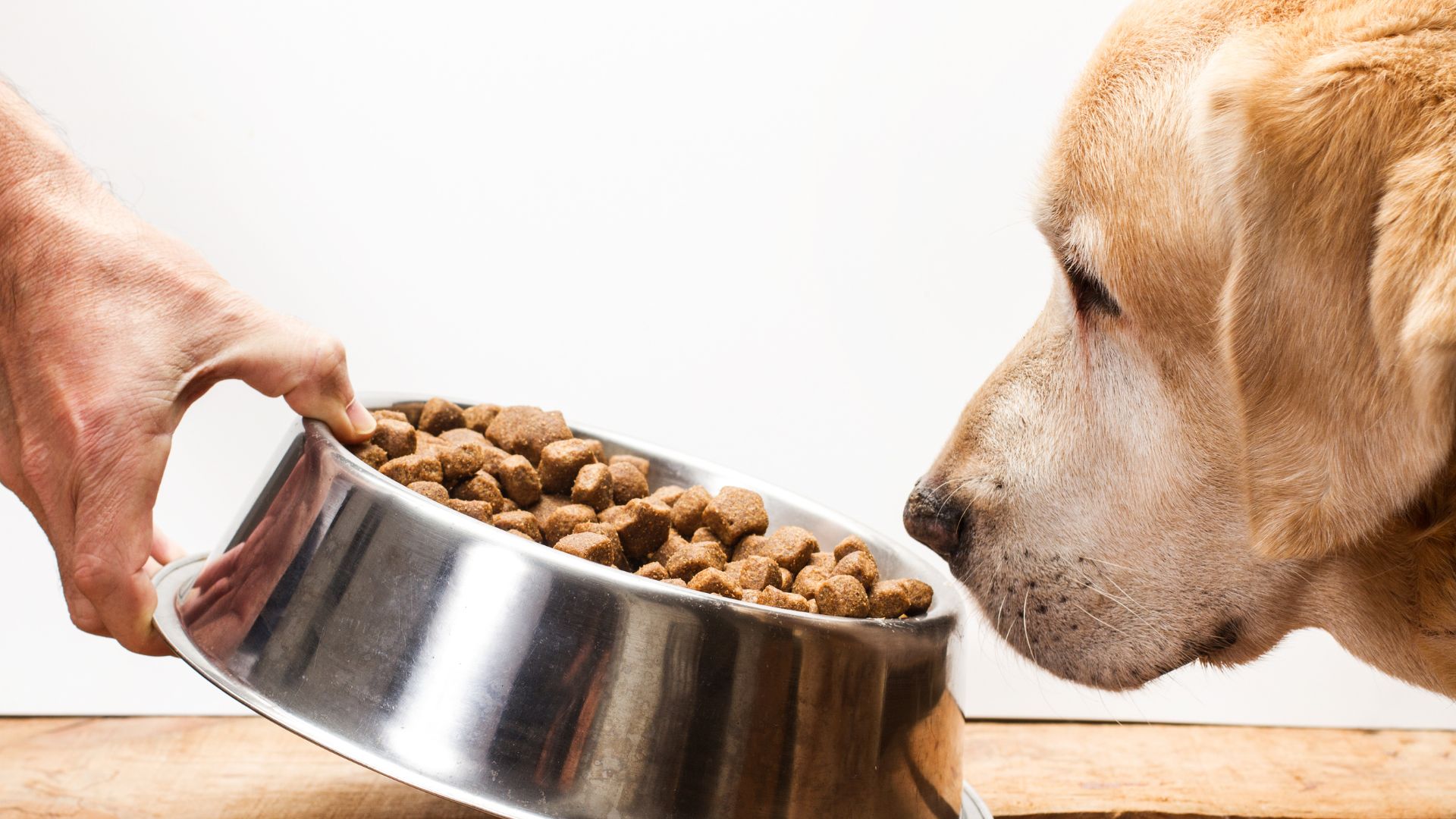
Is your furry friend turning its nose up at the food bowl? It can be concerning when your dog skips meals, but there are various reasons why this might be happening.
Understanding the root cause can help you address the issue effectively. From health concerns to behavioral issues, knowing what to look for can make all the difference.
1. Health Problems

Sometimes, a dog might skip meals due to underlying health problems. Conditions such as gastrointestinal issues, infections, or dental problems can cause discomfort while eating.
In such cases, it’s crucial to observe your pet and seek veterinary advice. A professional check-up can rule out serious health issues and set you on the right path for treatment.
2. Dental Issues
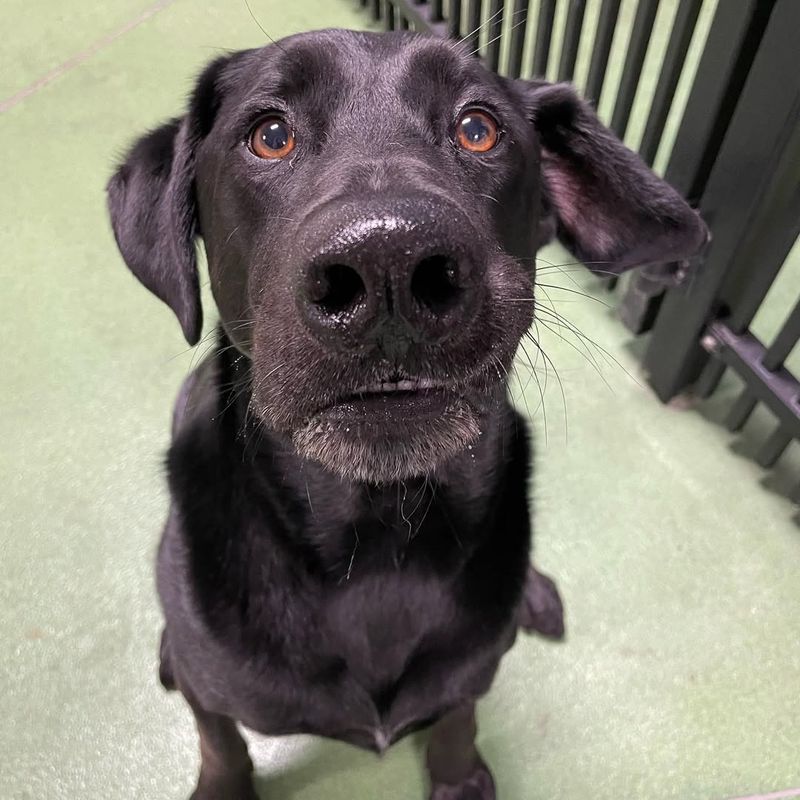
Dental issues can make eating painful for dogs. Problems like broken teeth, gum disease, or abscesses can deter even the most food-loving pets.
Checking your dog’s mouth regularly can help you spot potential issues early. You may notice signs like bad breath, drooling, or visible discomfort when chewing. If you suspect dental issues, consult your vet for a thorough examination and necessary treatment.
3. Stress And Anxiety

Just like humans, dogs can experience stress and anxiety, impacting their eating habits. Changes in the environment, loud noises, or separation anxiety can lead to meal-skipping.
Creating a calm and familiar feeding environment may encourage your dog to eat. Regular routines and comforting interactions can also help alleviate anxiety. If stress-related issues persist, consider seeking advice from a pet behaviorist.
4. Change In Diet
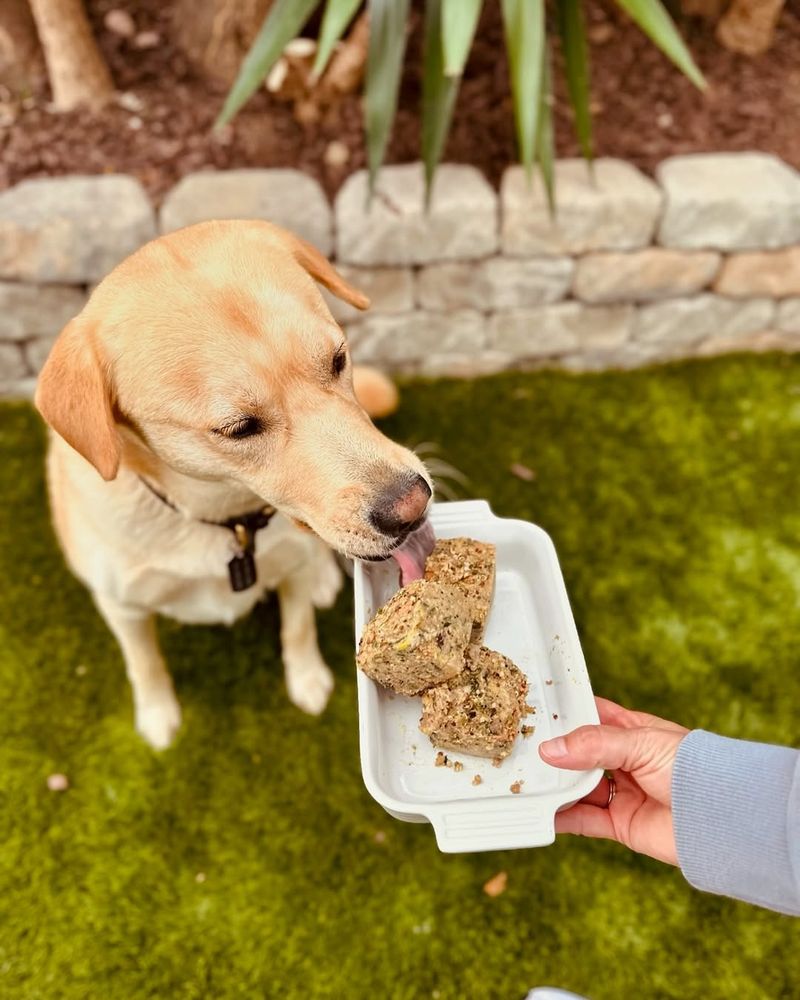
Sudden changes in diet can confuse your dog’s palate, causing them to skip meals. Dogs may need time to adjust to new foods, especially if the change is abrupt.
Gradually introducing the new diet by mixing it with the old food can ease this transition. Observe how your dog responds and adjust quantities accordingly. Patience is key, as some dogs take longer to adapt to changes in their diet.
5. Spoiled Food
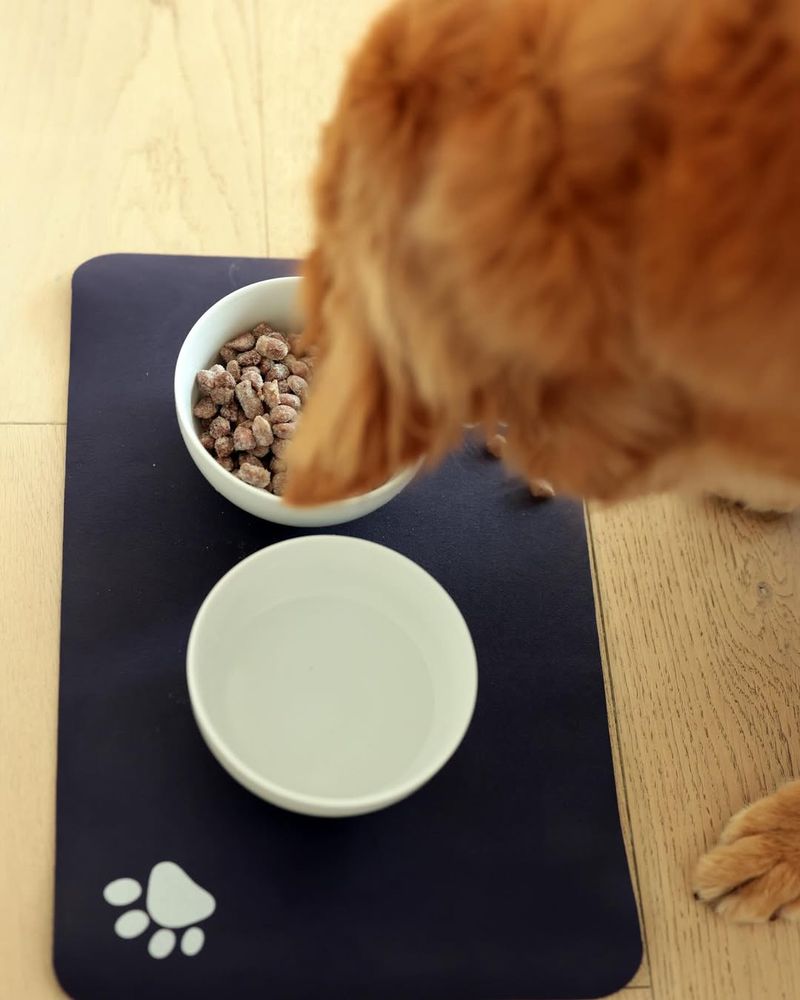
Dogs have a keen sense of smell, and spoiled food can be off-putting. Always check the freshness of your dog’s food, especially if it’s been out for a while.
Moldy or rancid food can make your dog avoid eating altogether. Storing food properly and ensuring it’s within its expiration date can prevent this problem. If you suspect spoiled food, replace it with a fresh batch and monitor your dog’s response.
6. Age-Related Changes
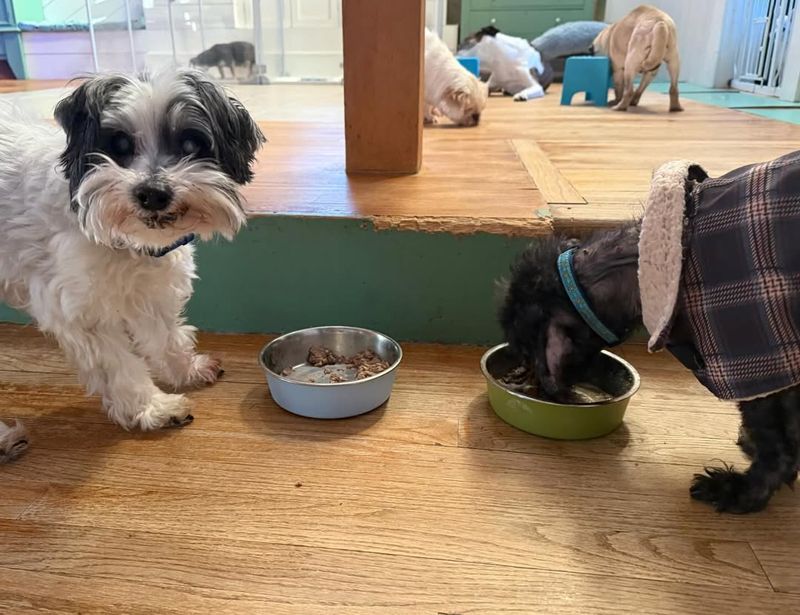
As dogs age, their metabolism and dietary needs change. Older dogs might eat less due to a decrease in energy levels or changes in taste and smell. Providing age-appropriate food can help meet their specific needs.
It’s essential to adjust portion sizes to prevent weight loss. A vet can offer guidance on dietary changes to support your aging pet’s health. Keeping them active and engaged can also stimulate a healthy appetite.
7. Medication Side Effects
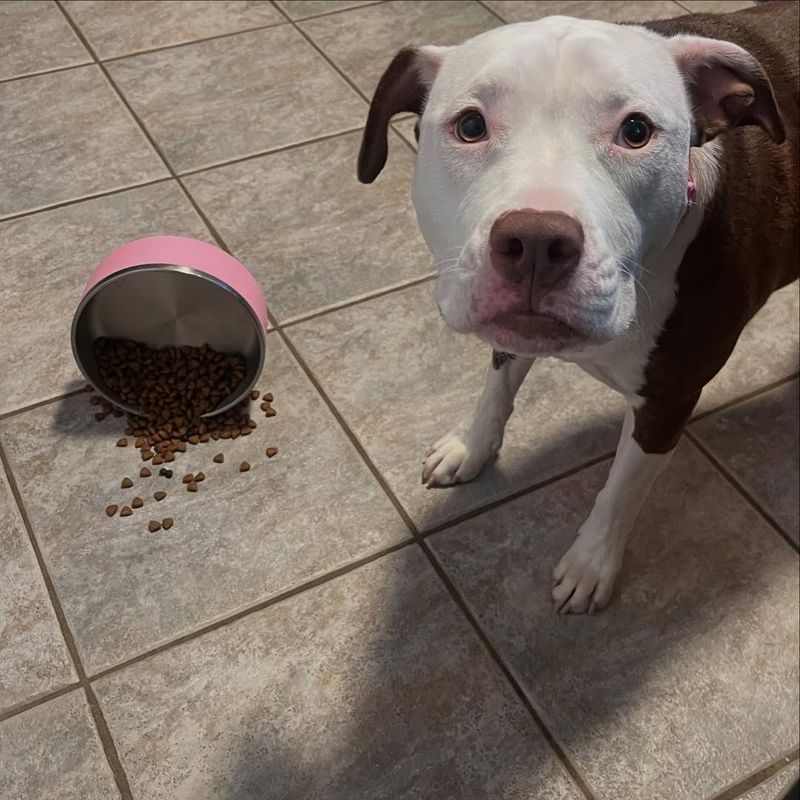
Some medications can affect a dog’s appetite, leading them to skip meals. If your dog is on medication, check with your vet about potential side effects. Adjustments in dosage or switching medications may be necessary to restore normal eating habits.
Meanwhile, offering small, frequent meals and tasty treats can entice your dog to eat. It’s important to monitor their weight and overall health during this time.
8. Feeding Schedule Disruption
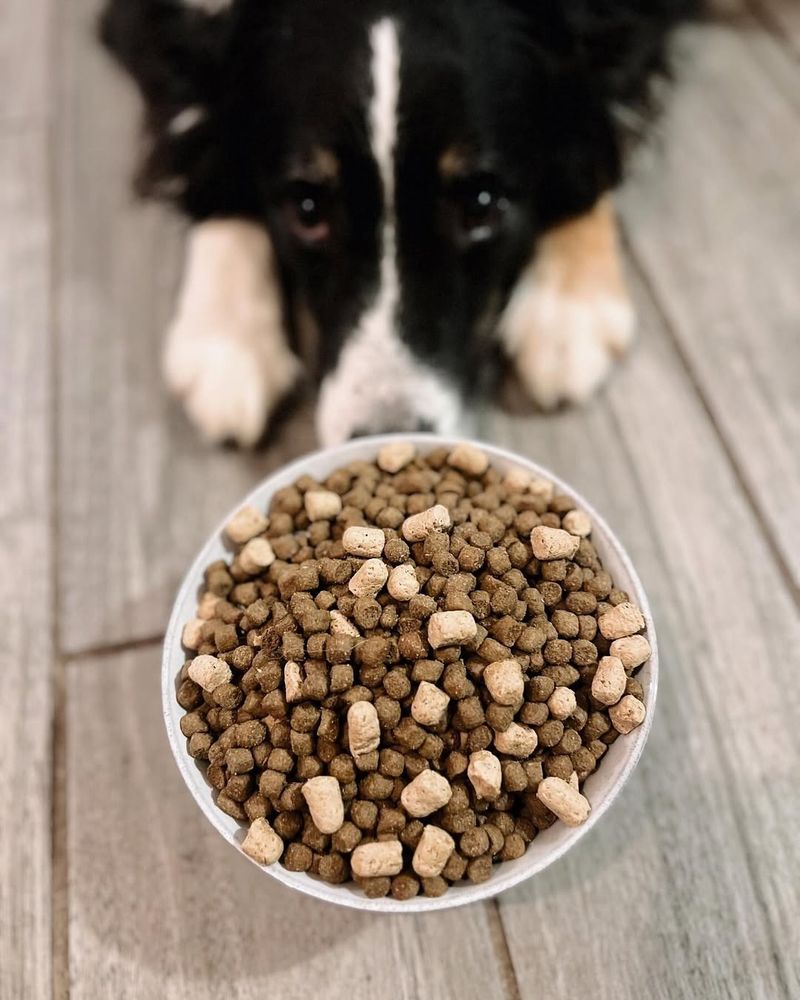
Changes in the feeding schedule can confuse dogs, making them skip meals. Dogs thrive on routine, and irregular feeding times can disrupt their eating habits.
Consistency is key, so try to feed your dog at the same times each day. If you need to adjust the schedule, do so gradually. This helps your dog adapt without stress. Ensuring a regular routine can promote a healthy appetite and prevent meal-skipping.
9. Picky Eating Habits
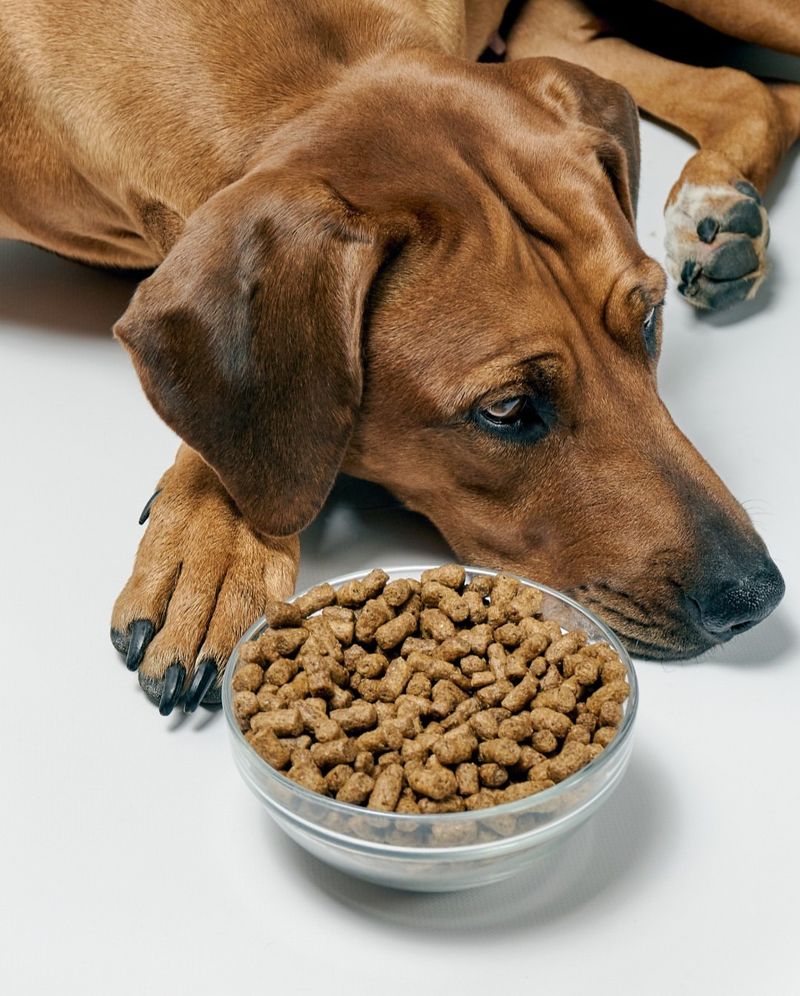
Some dogs develop picky eating habits, refusing certain foods or flavors. This can be challenging for pet owners, but patience is essential. Experimenting with different food textures and flavors can help find what your dog prefers.
Mixing in a little wet food or adding a tasty topper might entice them. Avoid feeding table scraps, as this can reinforce picky behavior. Persistence and consistency are key to overcoming finicky eating.
10. Boredom With Food

Boredom with food can lead to meal skipping. Dogs, like humans, enjoy variety in their diet. If your dog seems uninterested in their meals, consider rotating their diet with different proteins and ingredients.
Adding interactive feeding toys can make mealtimes more engaging. Ensure any dietary changes are gradual to avoid digestive upset. Keeping mealtime exciting can rekindle your dog’s interest in food.
11. Environmental Distractions
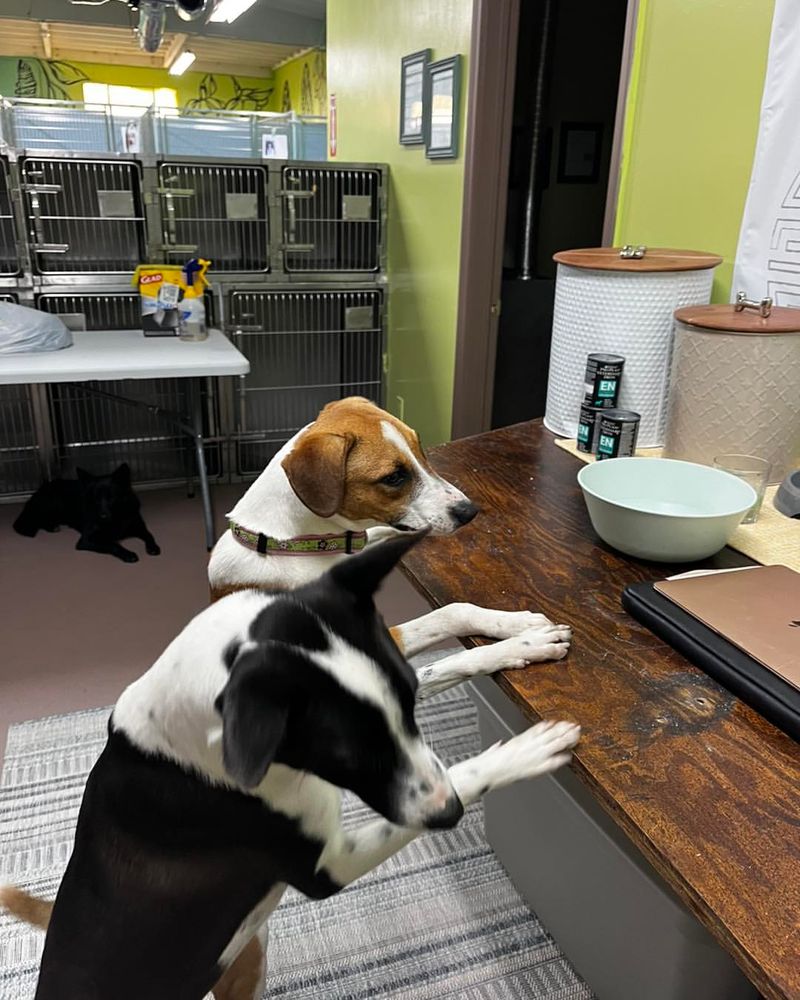
Environmental distractions can deter a dog from eating. Noise, activity, or competing pets can make it difficult for them to focus on their meal.
Providing a quiet and designated feeding area can help. Ensure the space is free from interruptions, allowing your dog to eat in peace. Establishing a calm feeding environment can improve their mealtime focus and encourage consistent eating habits.
12. Weather-Related Appetite Changes
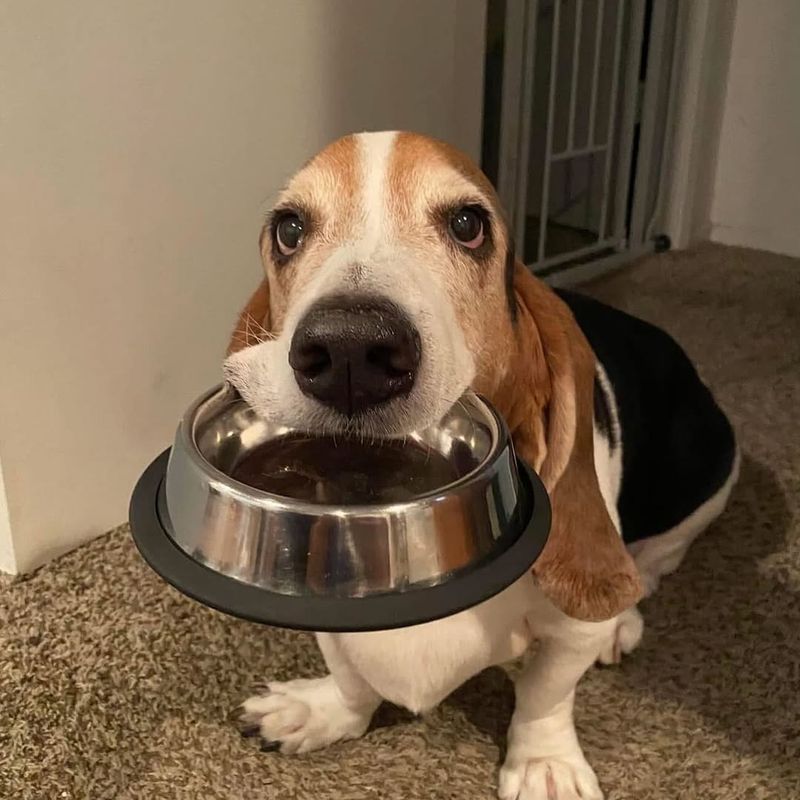
Weather changes can impact a dog’s appetite. Hot or humid conditions often lead to decreased food intake. Ensure your dog stays hydrated and adjust their food portions accordingly.
Offering meals during cooler parts of the day can also help. In colder weather, dogs might require more calories to maintain body heat. Being attentive to these changes allows you to adjust feeding practices to suit the weather.
13. Underlying Medical Conditions
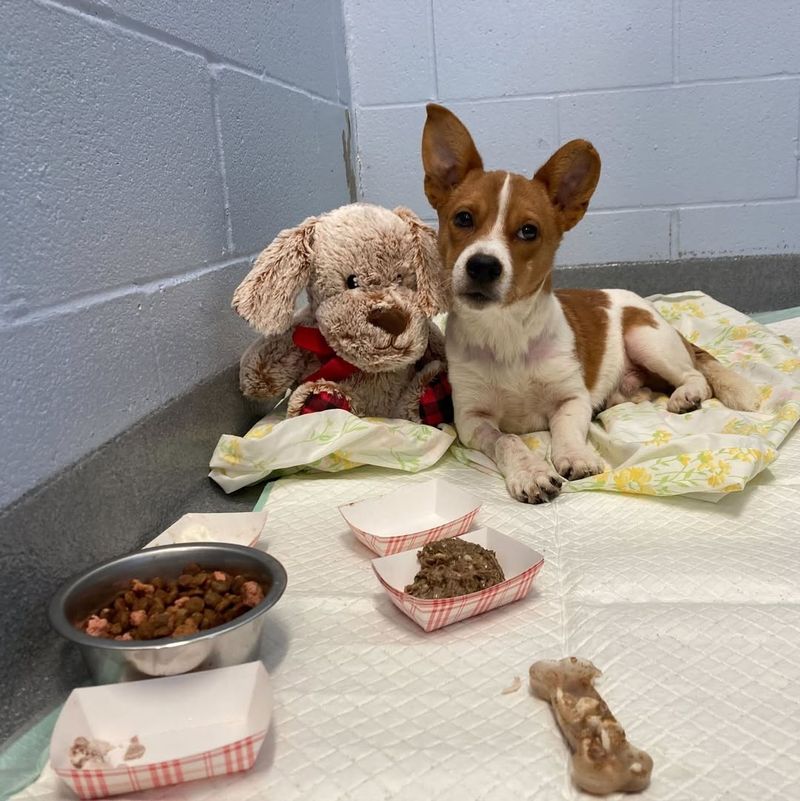
Occasionally, meal-skipping might indicate underlying medical conditions such as liver disease or diabetes. These serious health issues require prompt veterinary attention.
Regular check-ups and monitoring can catch these conditions early. If your dog shows other symptoms like lethargy or weight loss, it’s crucial to consult a vet. Early detection and treatment can make a significant difference in managing your dog’s health.





